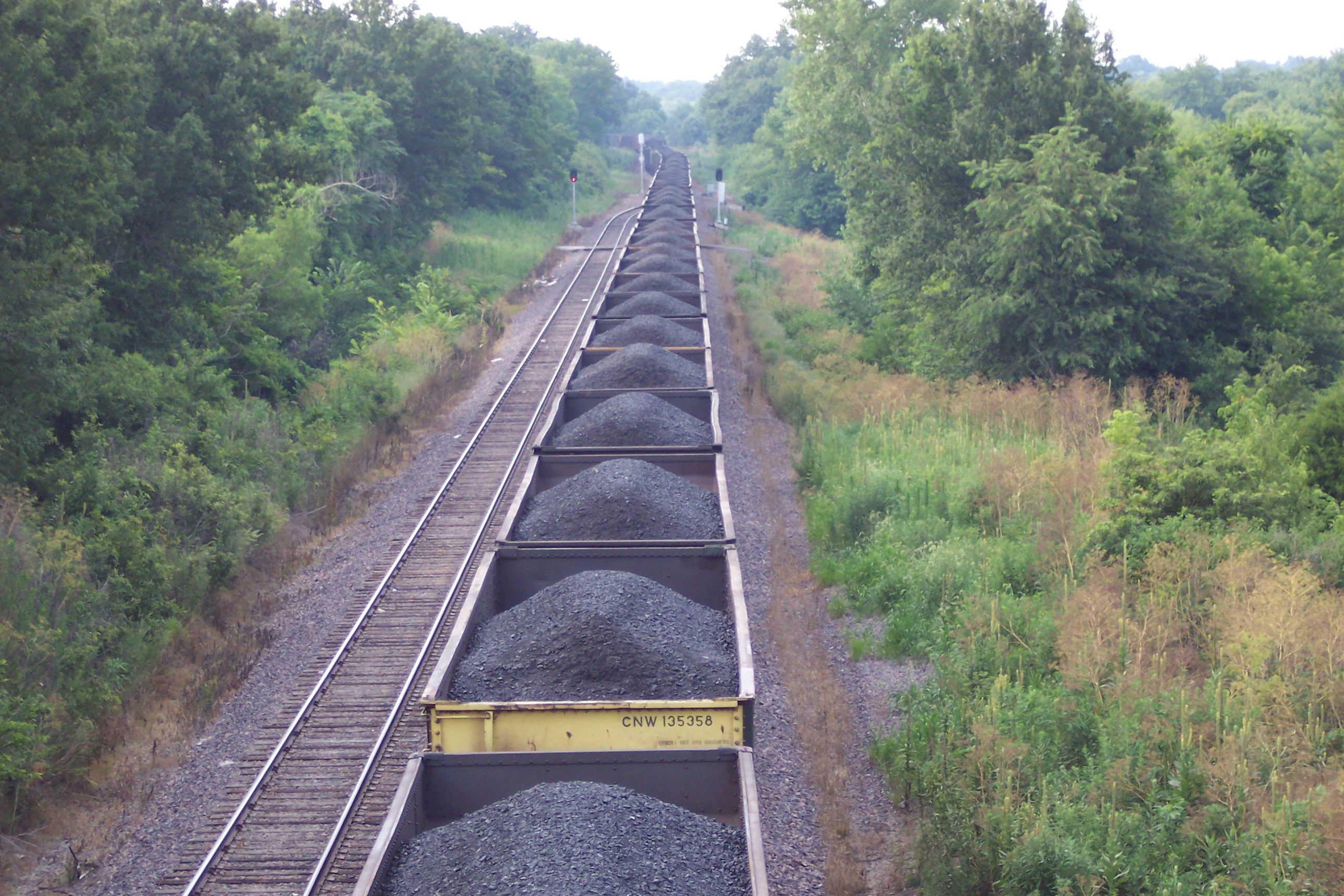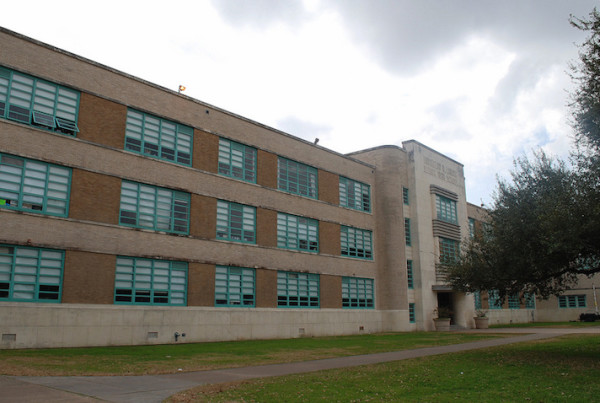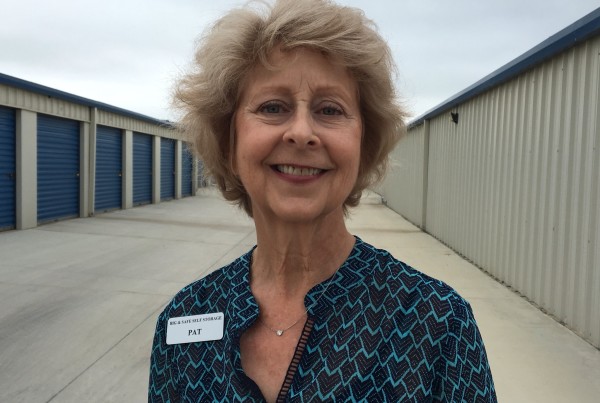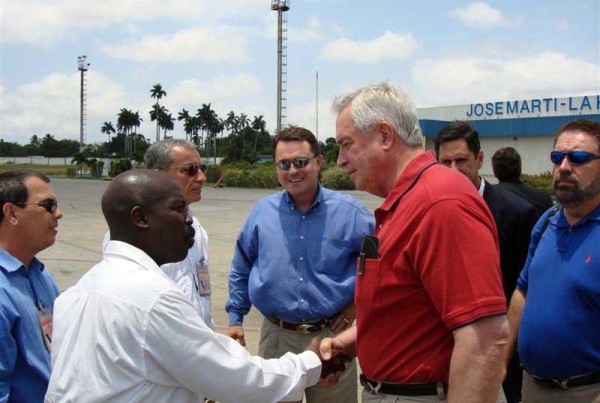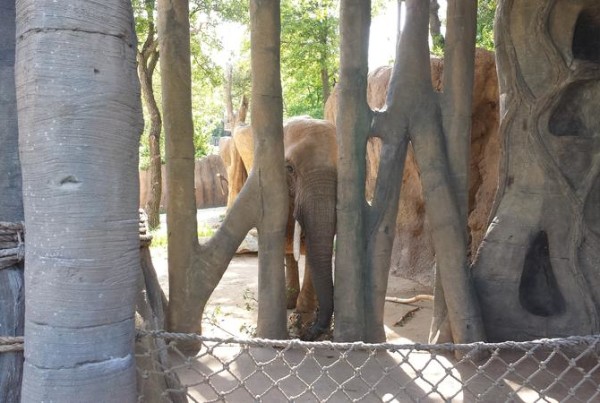Native-American groups from Texas and Oklahoma will gather this weekend along the banks of the Rio Grande in Maverick County. From there, they’ll head east marching in protest to the front gates of the Dos Republicas coal mine. The tribes are arguing that the mine is threatening their ancestral land.
This is the latest in a half-decade long dispute between a mining company and local activists and environmentalists.
The Texas Railroad Commission granted the company a permit to mine low-grade coal from about 6,300 acres of land in Maverick County back in 2011. Folks tried to stop it back then, and the Texas Tribune’s Julián Aguilar says he’s not sure they’re completely convinced they’ll be able to stop it.
The mining company Dos Republicas has partnered with Camino Real Fuels, as subsidiary of Texas-based North American Coal Corporation, to mine low-grade coal from 6,3000 acres of land – about 10 square miles –in Maverick County.
Environmentalists tried to halt the Texas Railroad Commission from granting Dos Republicas a permit to mine the coal.
“What they’ve been successful in doing is at least slowing down the project,” Aguilar says. “In 2011 it was a grueling weeks-long process of testimony before the Railroad Commission. … They’re still fighting that – appealing to the Texas Supreme Court trying to stop a TCEQ discharge permit.”
The permit was awarded in 2013, and been through several court challenges. But the Native American groups are continuing to file petitions with the hope that they can reverse last year’s 3rd Court of Appeals decision to uphold the permit approval.
Aguilar says this could be seen as a “Hail Mary” effort to stop mining.
“These groups are doing everything in their power,” Aguilar says. “What the greater purpose is just to draw more attention to what’s going on down there. This Native American effort it throws another sort of avenue their way. … They’re alleging that the company violated federal regulations that mandates that they contact Native Americans if there’s a possibility that they’re gonna disrupt some of their land.”
The groups are alleging that the mining is on ancestral land, although the land is owned by some public and some private entities. Although they’re not quite sure what the land is – whether it’s filled with historical artifacts or a burial ground – the groups are saying the land is an archeological site.
Aguilar says part of the larger narrative is that the Lipon Apaches, Pacuache Band of the Coahuiltecan Nation and the Carrizo Comecrudo Tribe are established, but not federally recognized.
“Without that designation, they’re limited in what they can do – other than just draw attention,” Aguilar says.
This effort could, however, lead an effort for petitions to officially recognize the groups.
Meanwhile, the coal company is stating that they’re an economic boon to the area. Eagle Pass and Maverick County have a poverty rate that far exceeds the state average, and the median income is far below.
“It’s dividing the community,” Aguilar says. “If these protests are not going to go anywhere why not let these people have jobs. But the flip side to that is that they’re mining this coal. It’s too low-grade to burn in the United States and they’re shipping it to Mexico. While they’re doing that, they’re polluting the air and polluting the water.”


